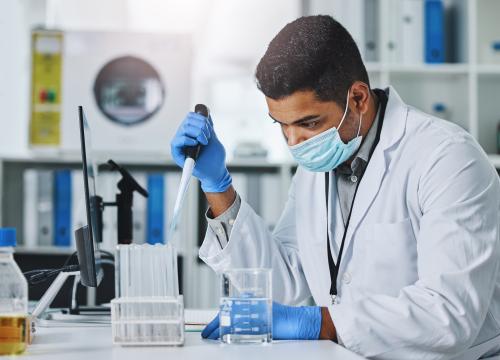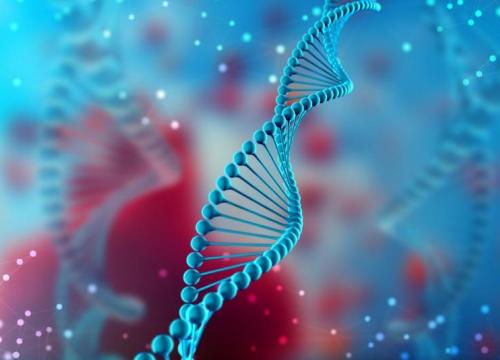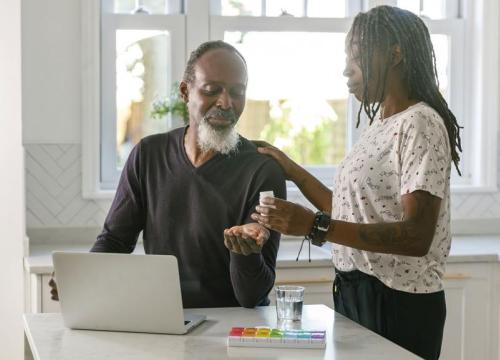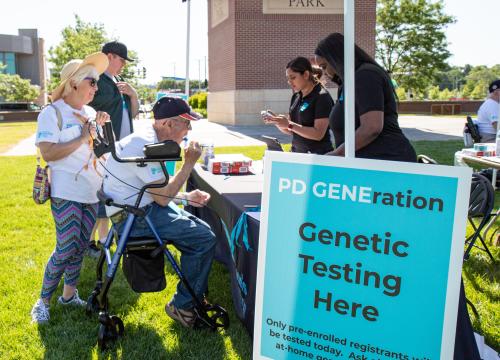If you’ve heard of alpha-synuclein, it was likely in the context of Lewy bodies. Lewy bodies are abnormal clumps of alpha-synuclein that are found in the parts of the brain that control movement, thinking, and behavior, and they are related to the development of Parkinson’s. Lewy body dementia is a general term that includes both Parkinson’s disease dementia (when you have Parkinson’s and dementia develops later on) and Dementia with Lewy bodies (DLB) (when dementia comes on before or within one year of Parkinson’s motor symptoms).
Another term used in this episode that you might not be familiar with is “ligand.” A ligand is a molecule that binds to another molecule. Ligands are used in imaging, such as PET scans, to help doctors visualize different parts of the body, including the brain. Currently there is no ligand for alpha-synuclein to let us see how Lewy bodies are forming, or how they might be cleared by a potential therapy.
Dr. Guttman remarks that the alpha-synuclein story is the most exciting development to date in terms of potential for altering the progression of Parkinson’s. It has taken the PD community a long time to reach this point. The first revolution in Parkinson’s care came in the 1960s, with the discovery that Parkinson’s is a disease of dopamine. One hundred and fifty years after James Parkinson’s Essay on the Shaking Palsy, researchers developed a treatment to greatly improve PD symptoms. Over time, many variations of levodopa have provided additional modest benefits for people with PD, and now new delivery methods for levodopa promise to improve outcomes.
Decades later the next breakthrough in care came when the FDA approval deep brain stimulation for the treatment of PD. Today, we know that Parkinson’s is a synucleinopathy – a disease of alpha-synuclein – which brings us to the therapeutic approaches being discussed in this episode.


















